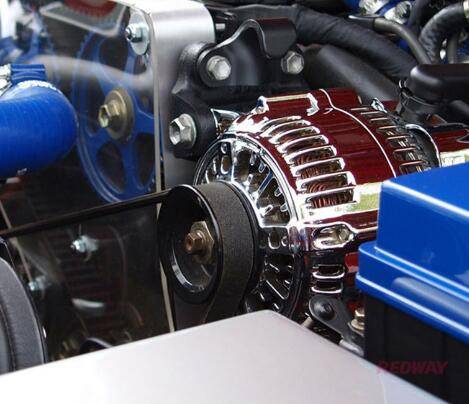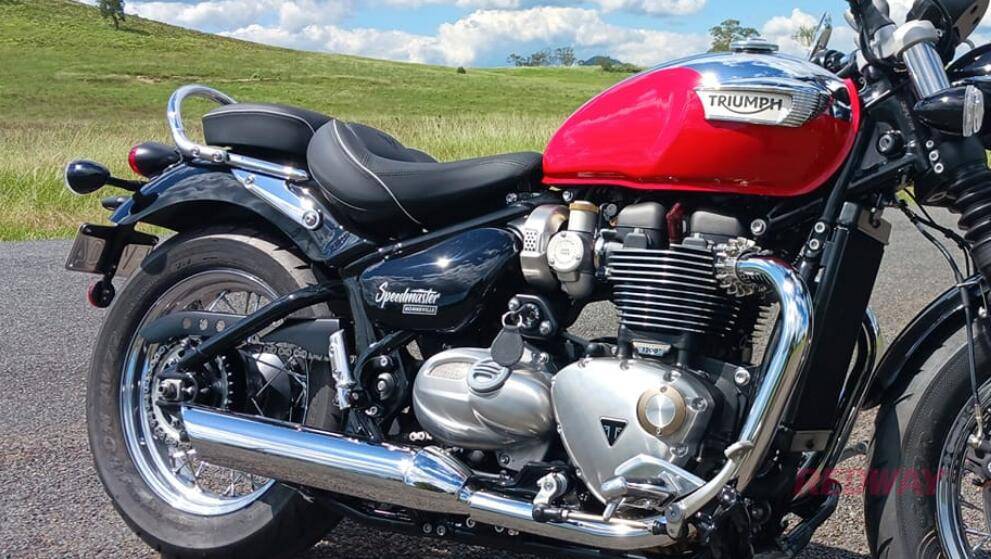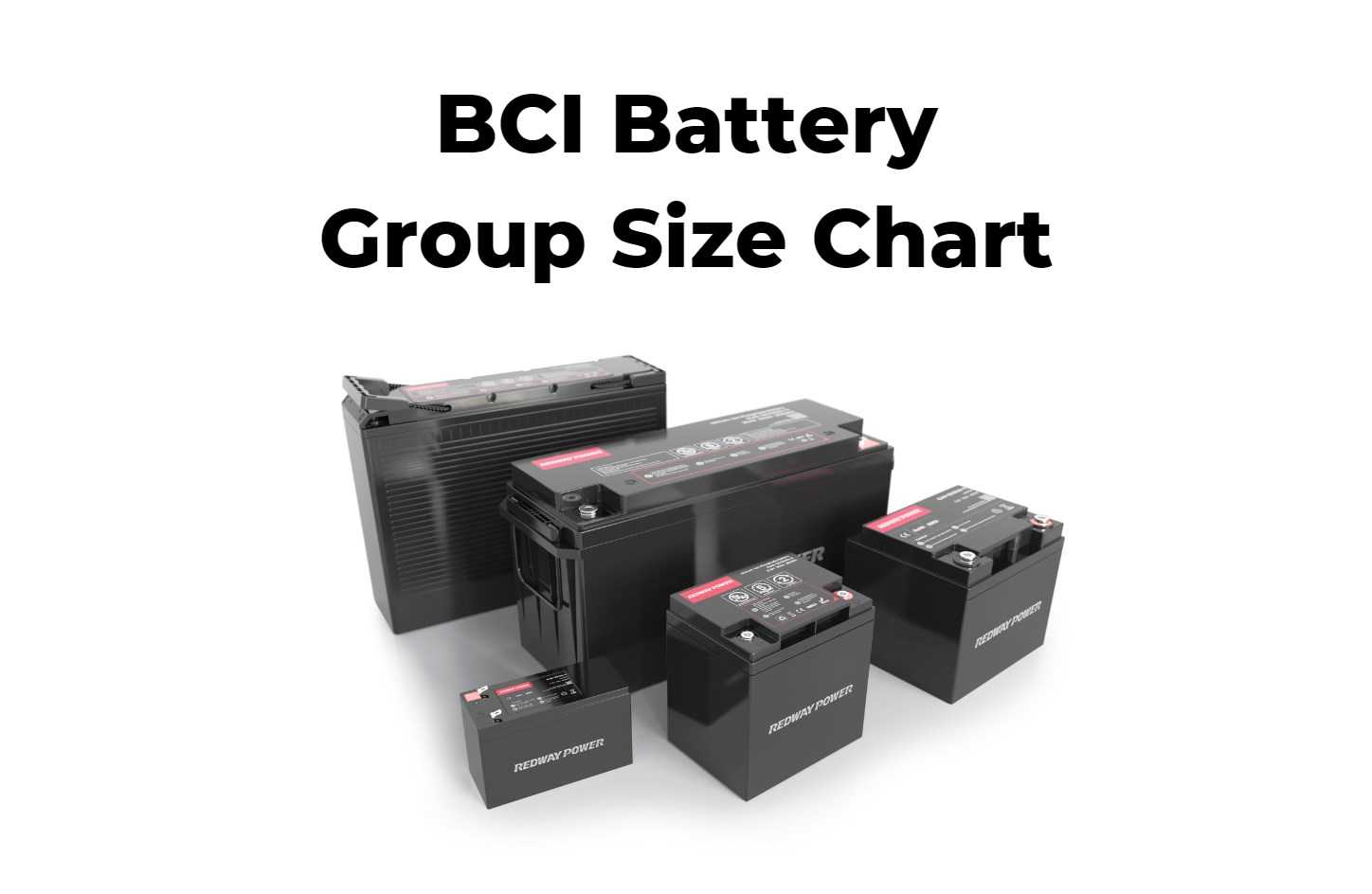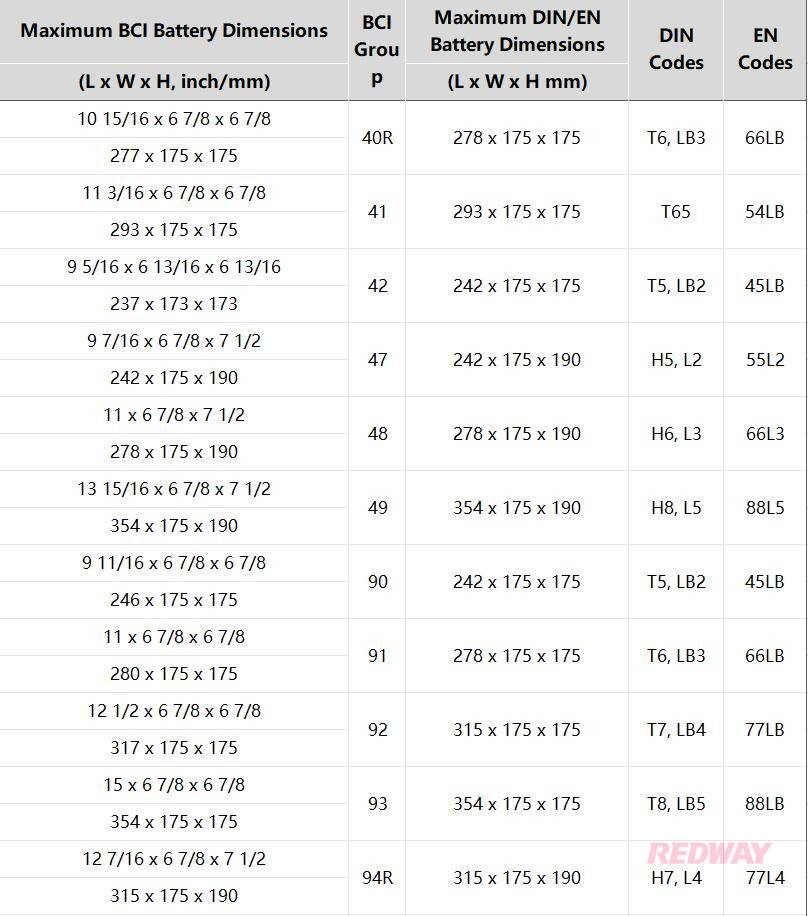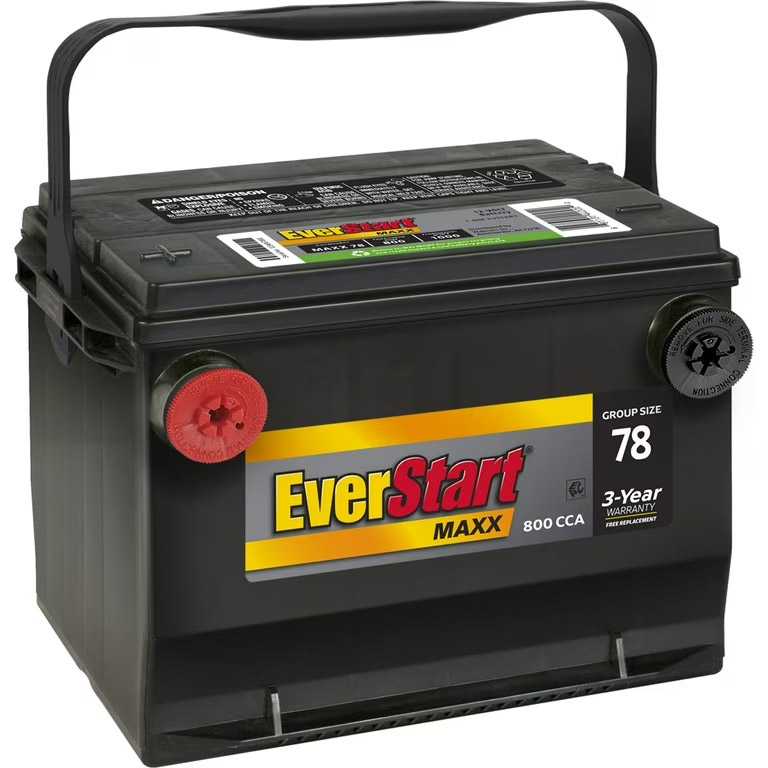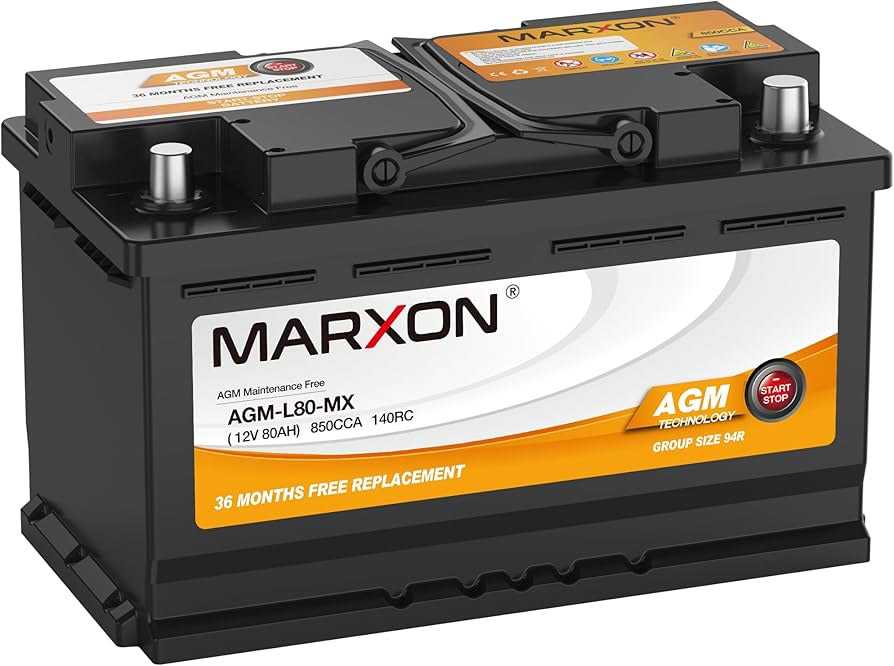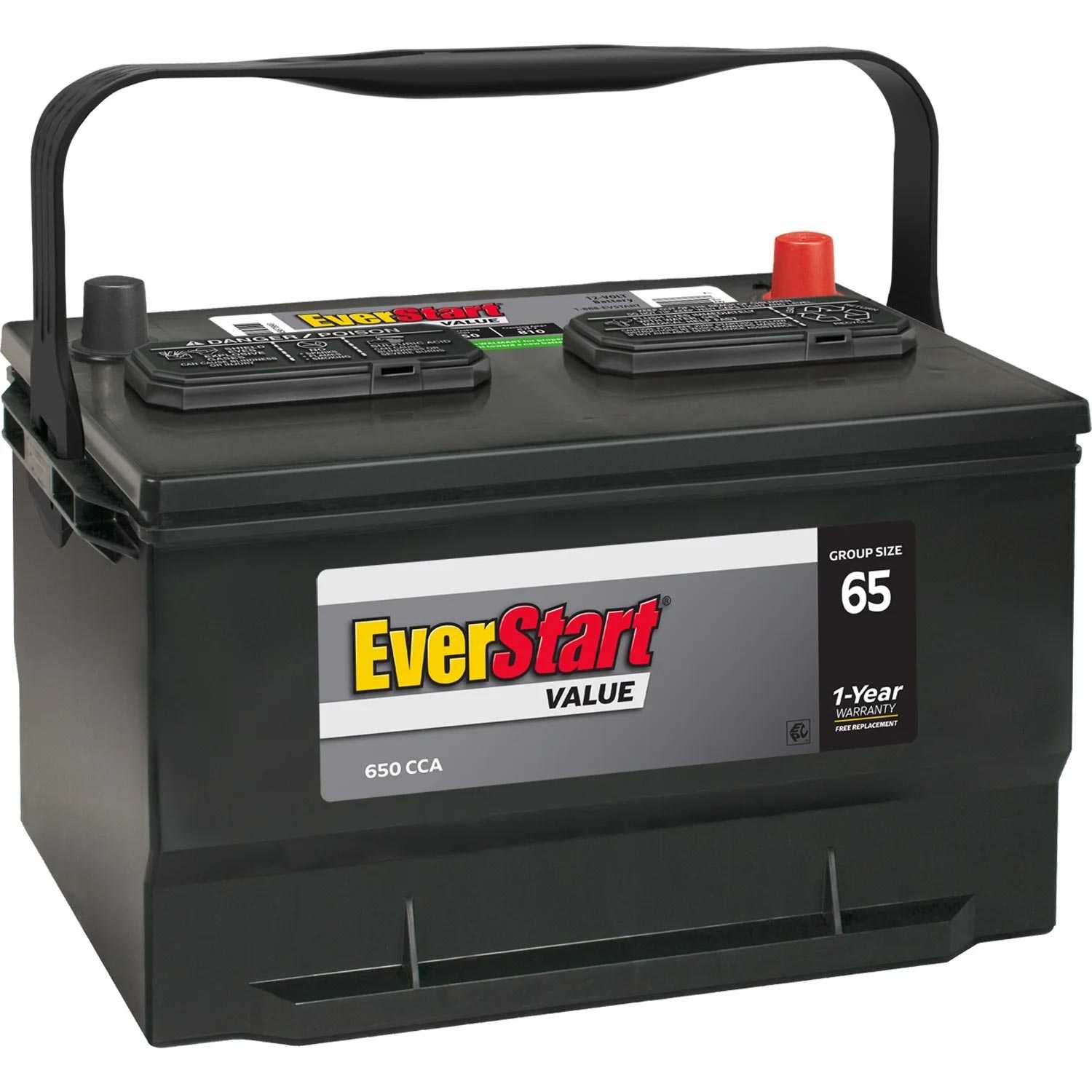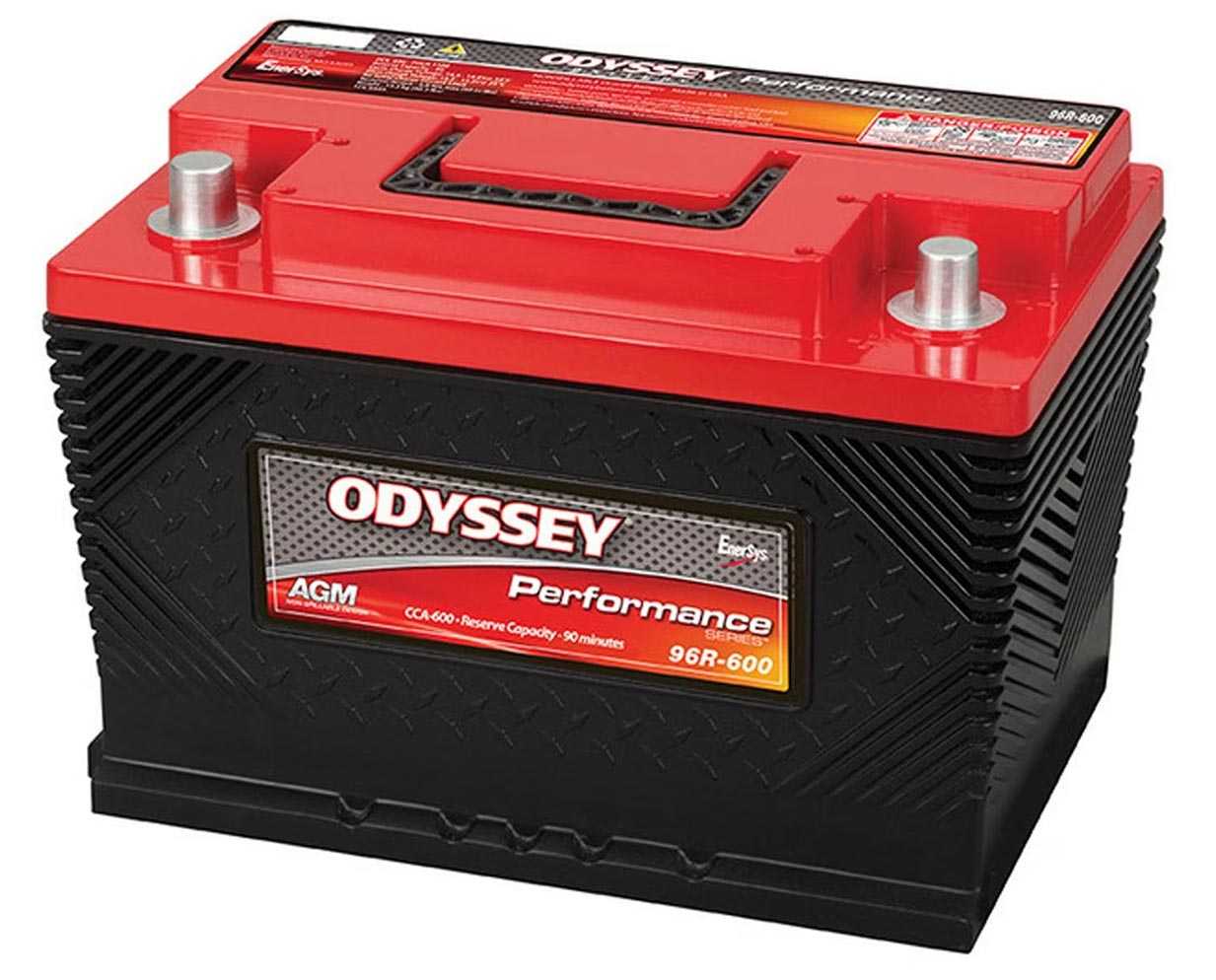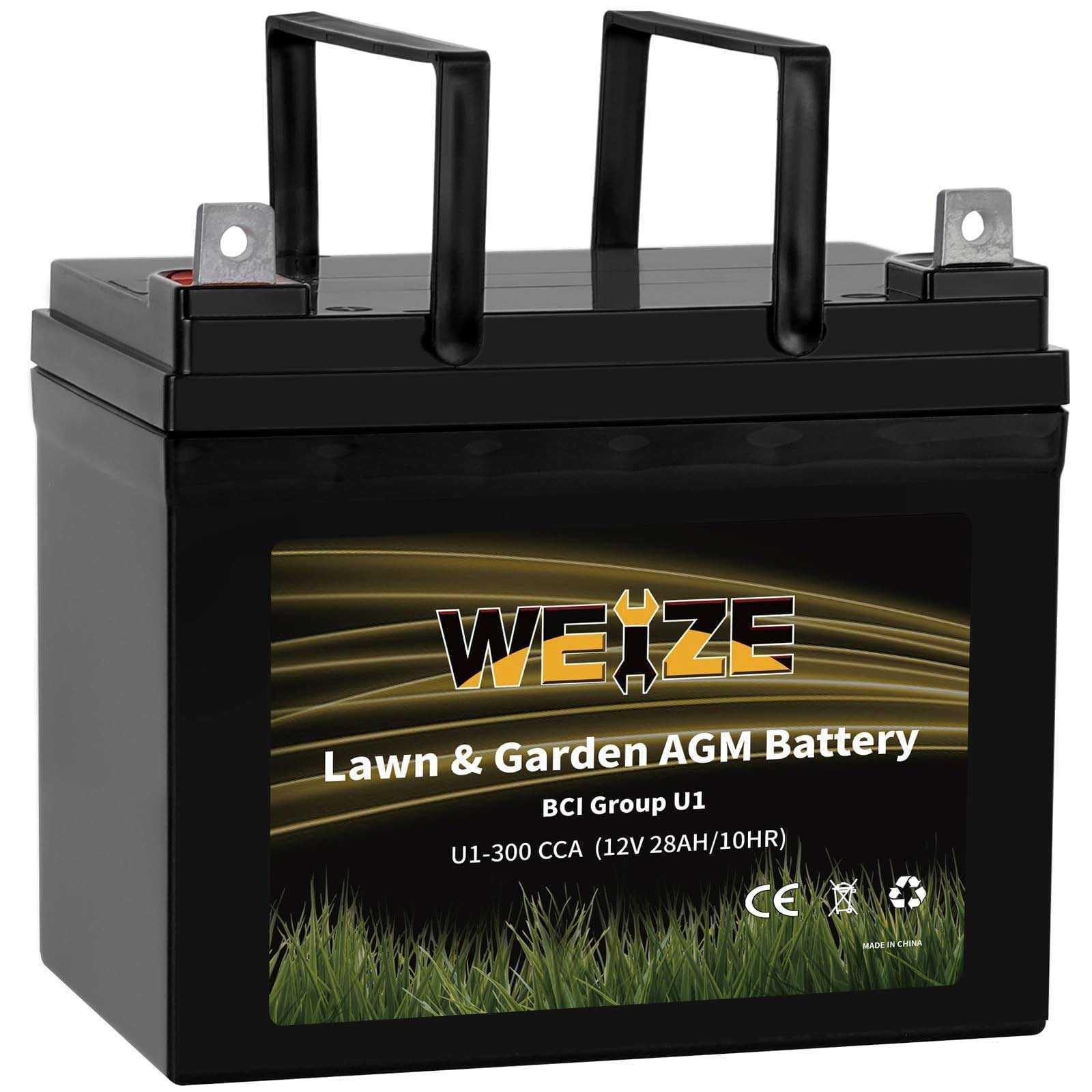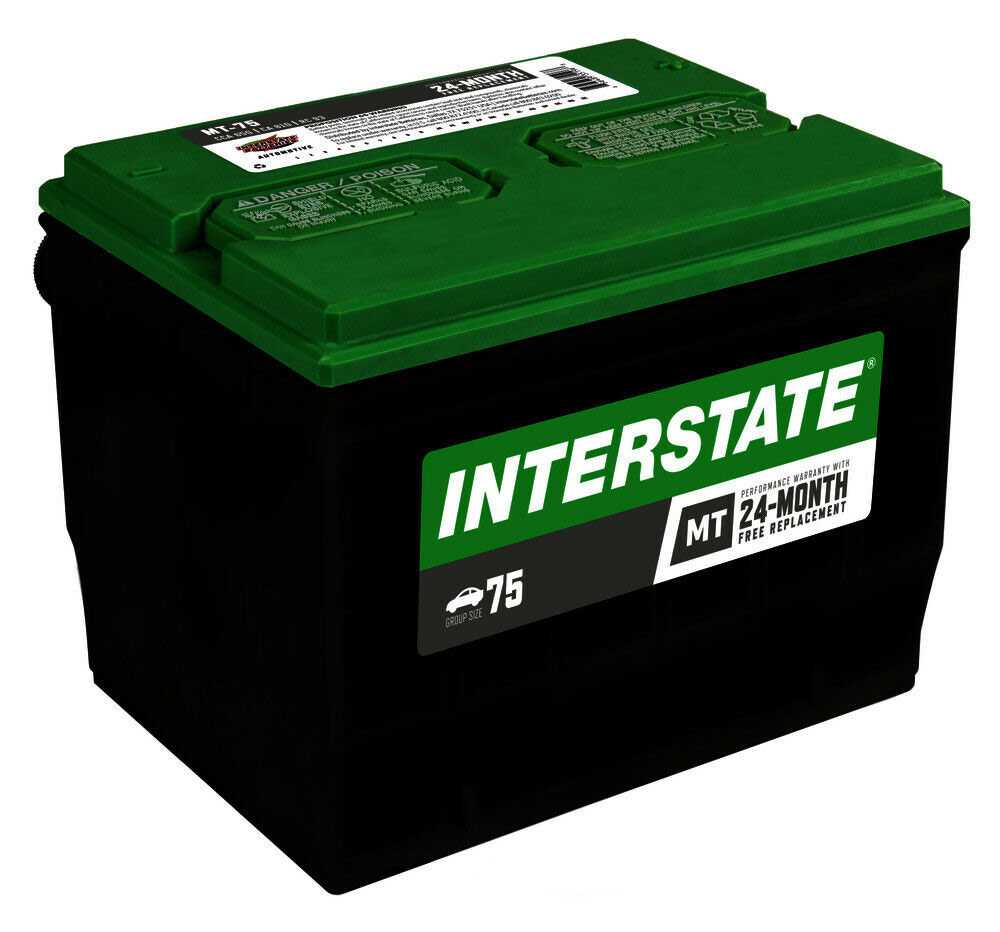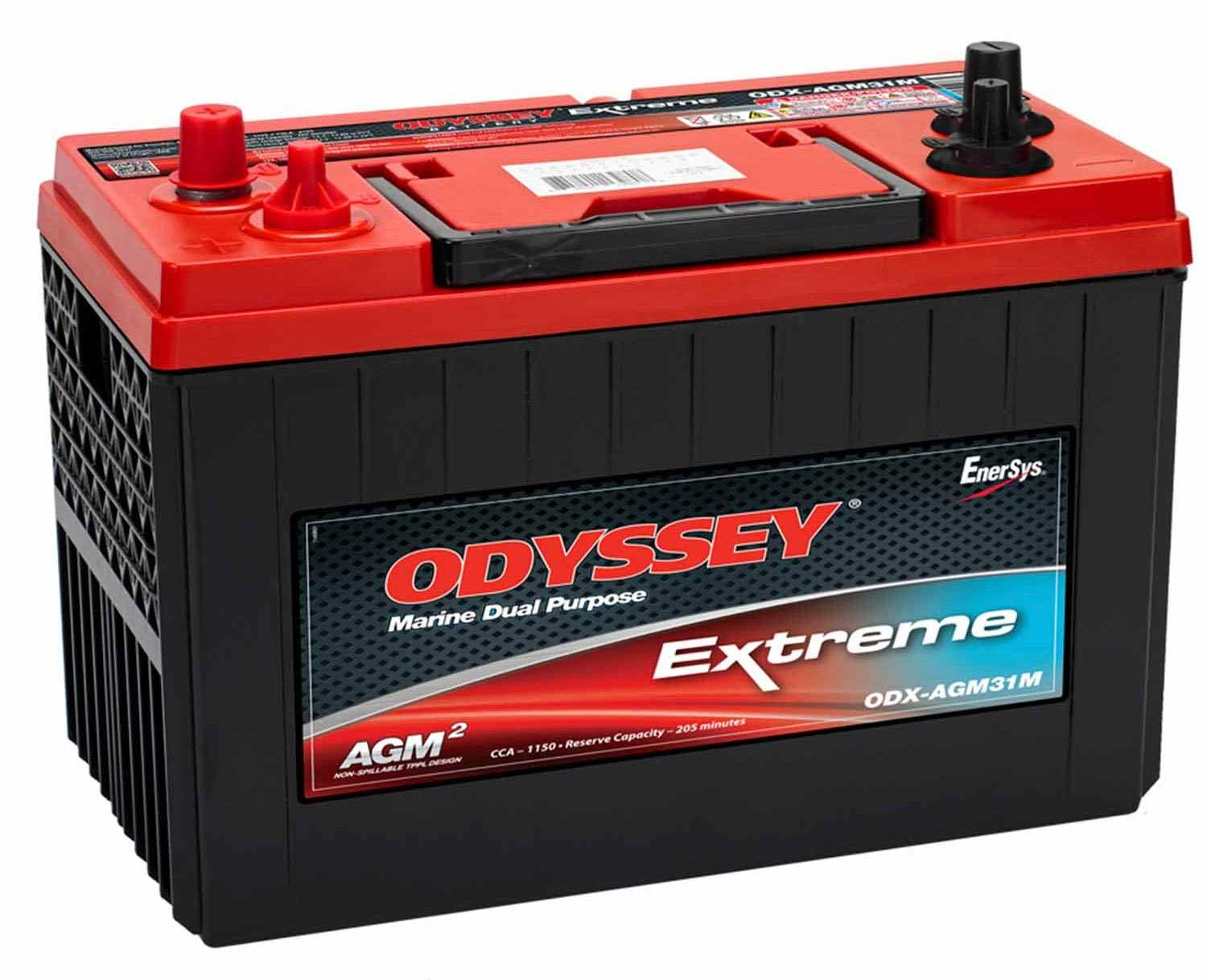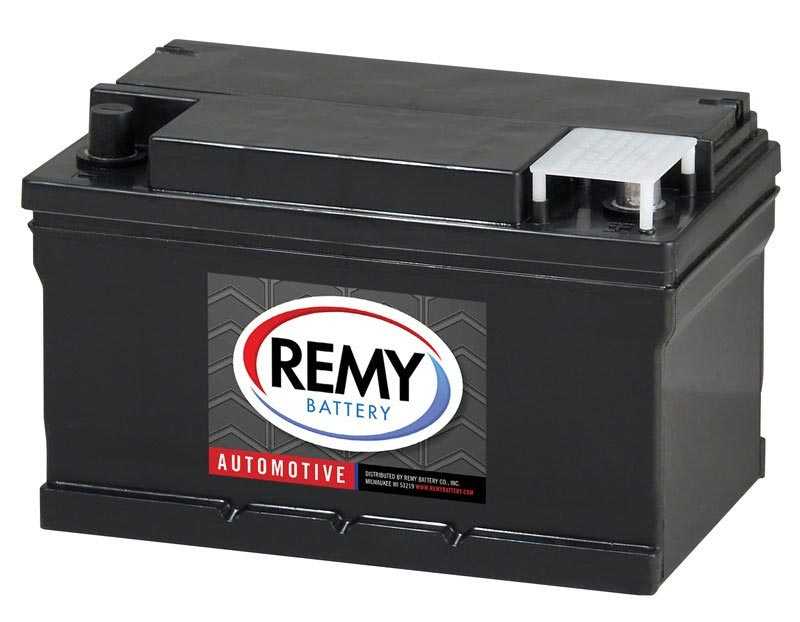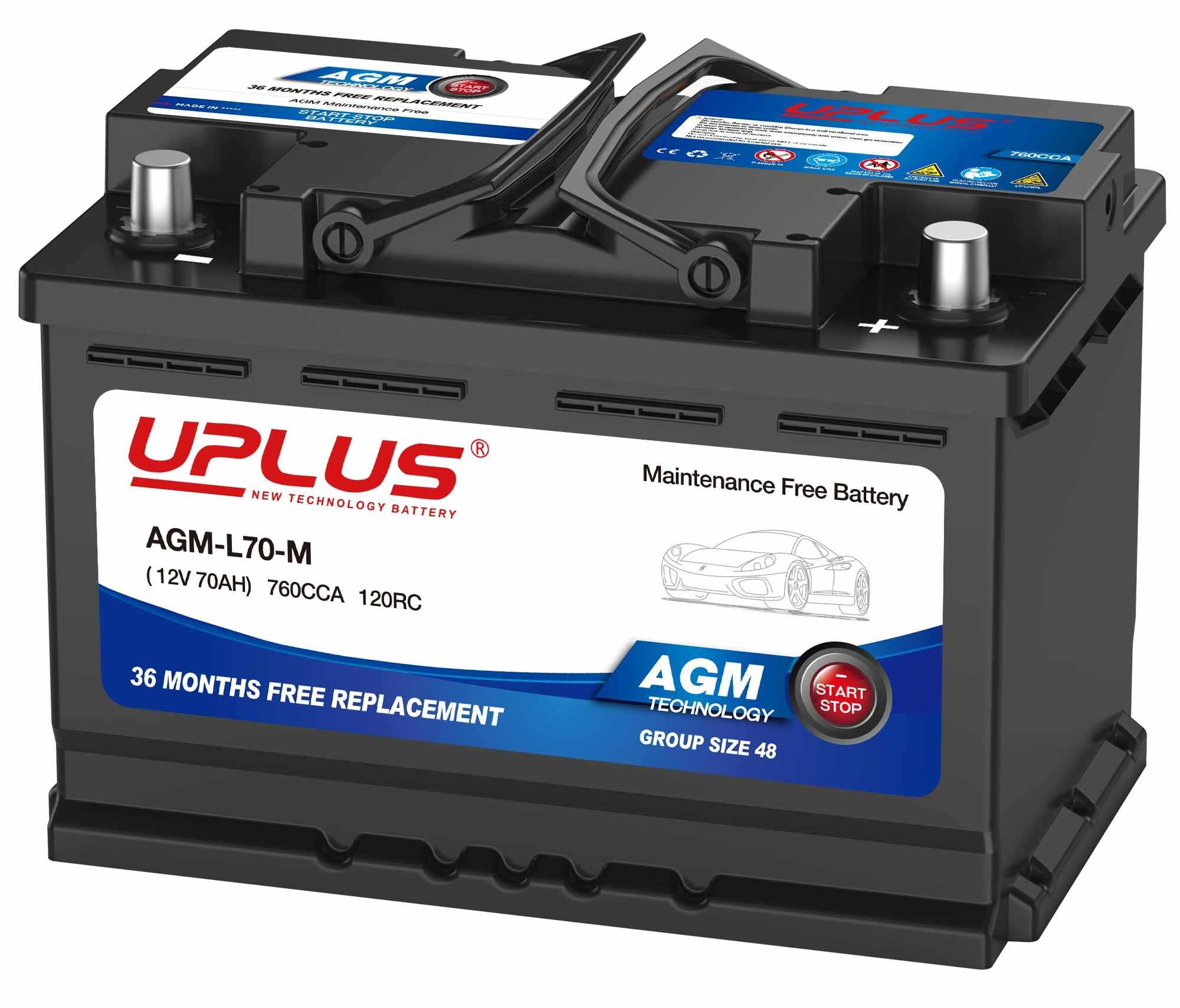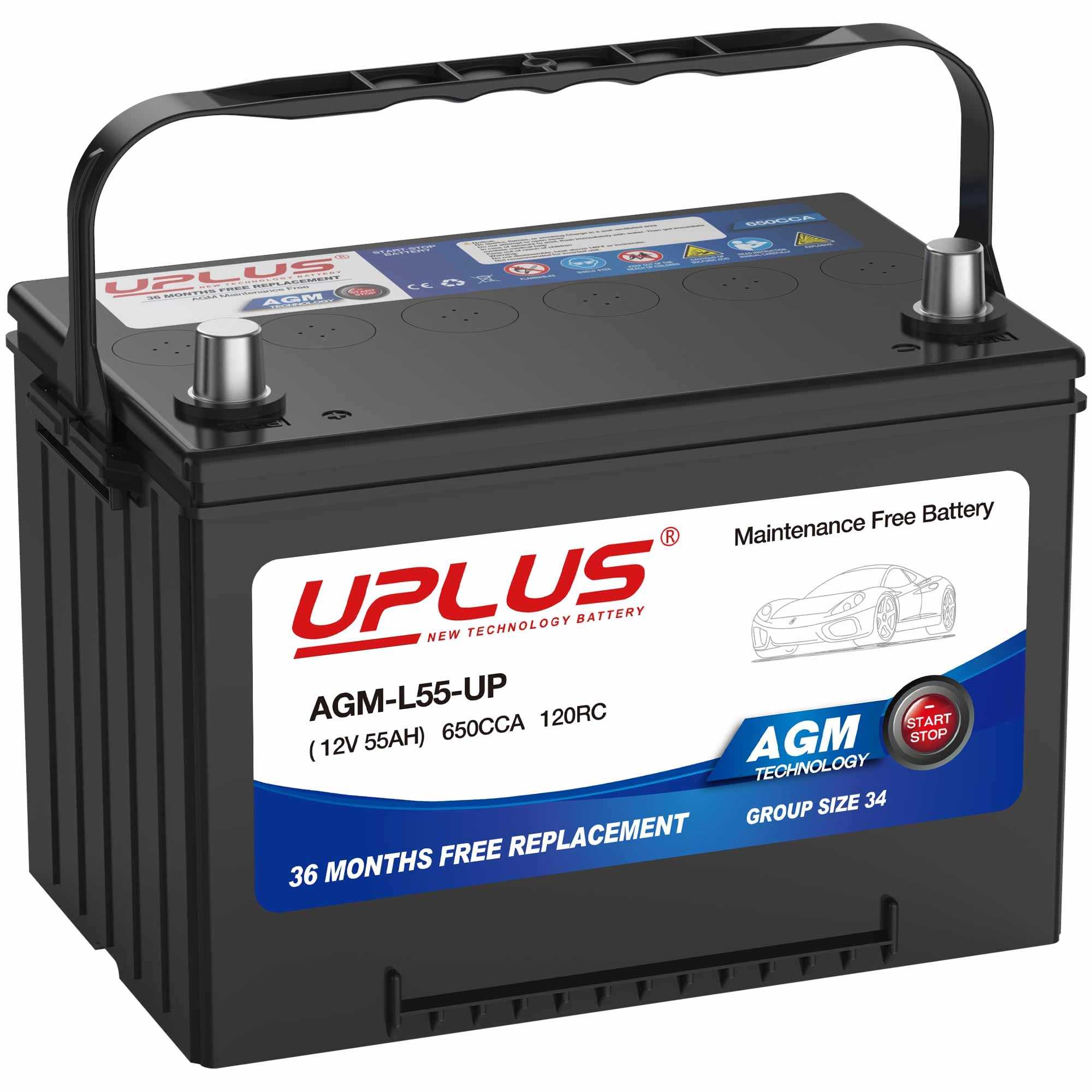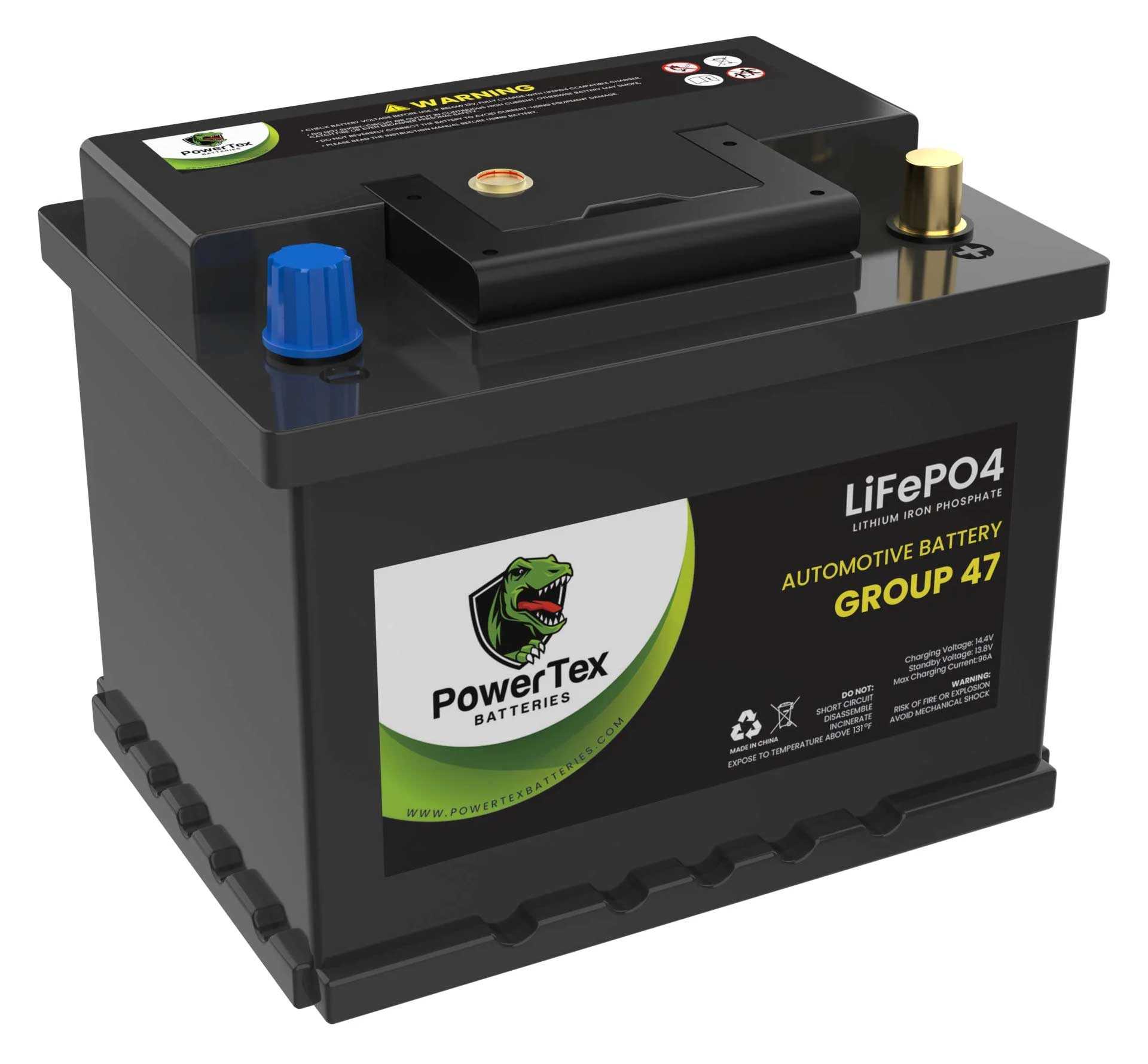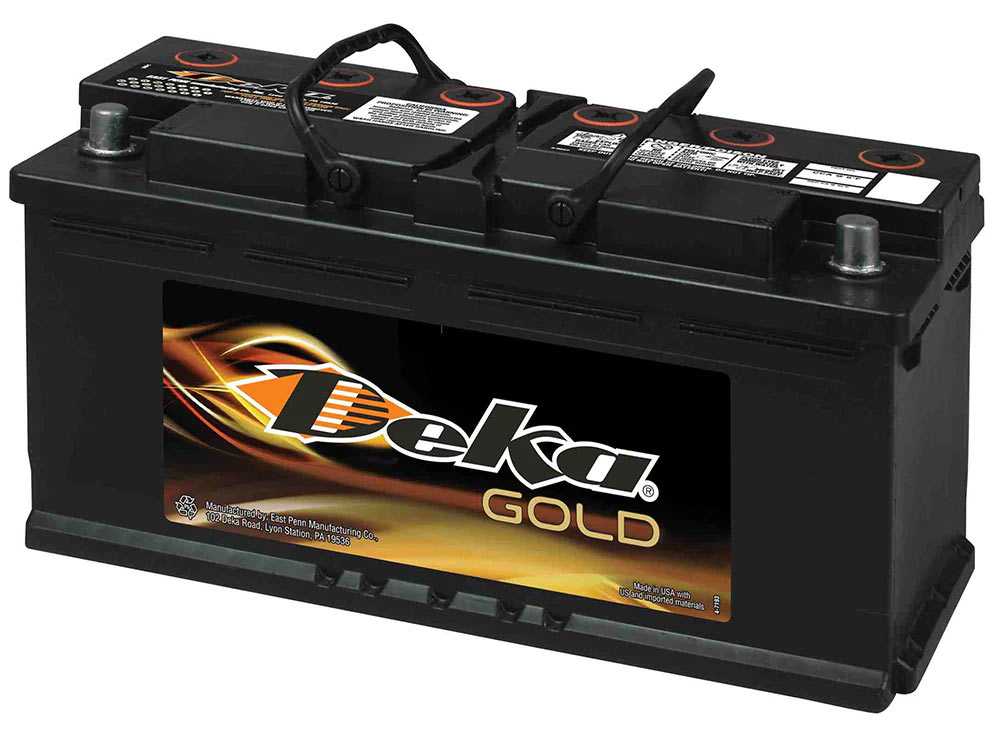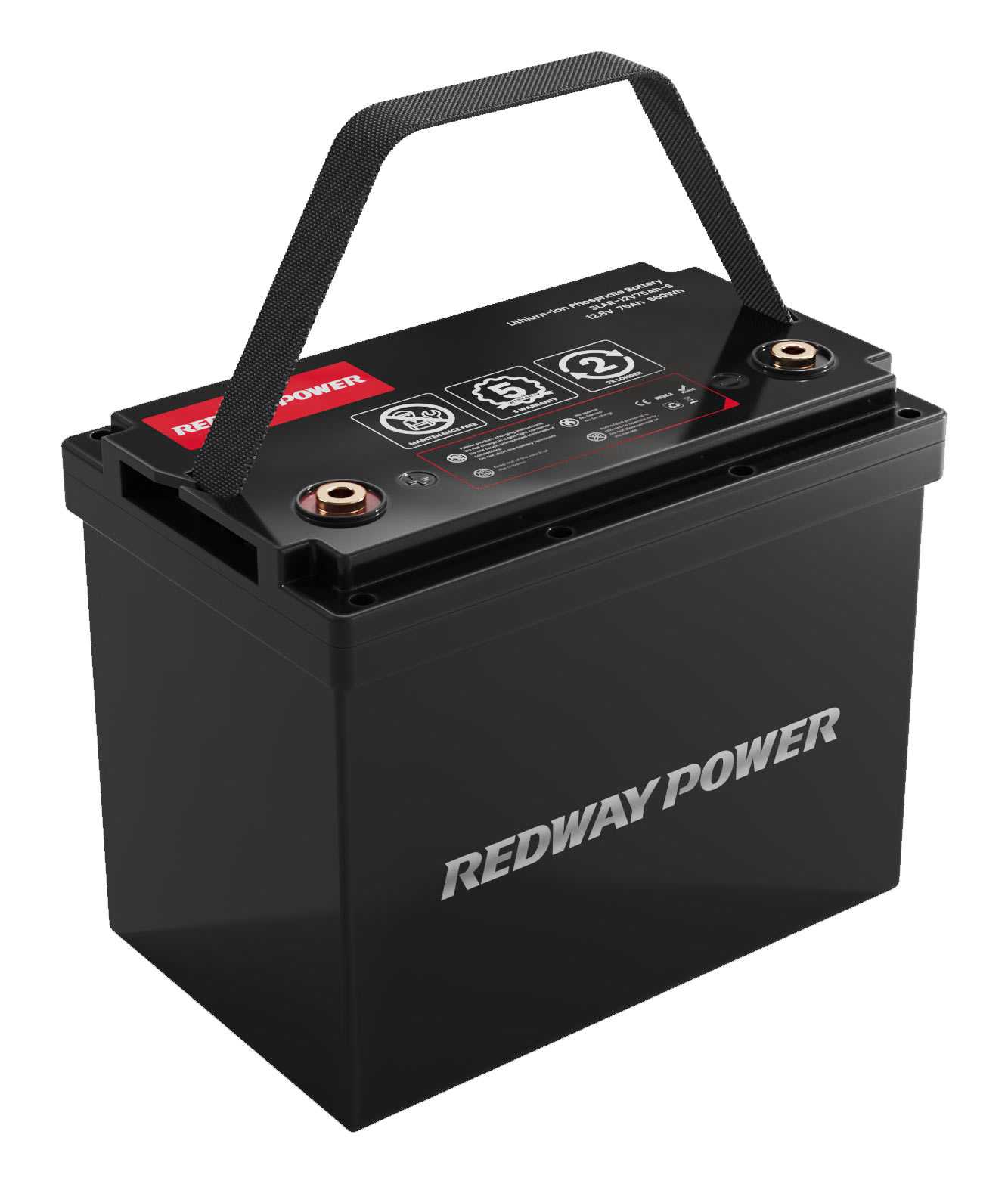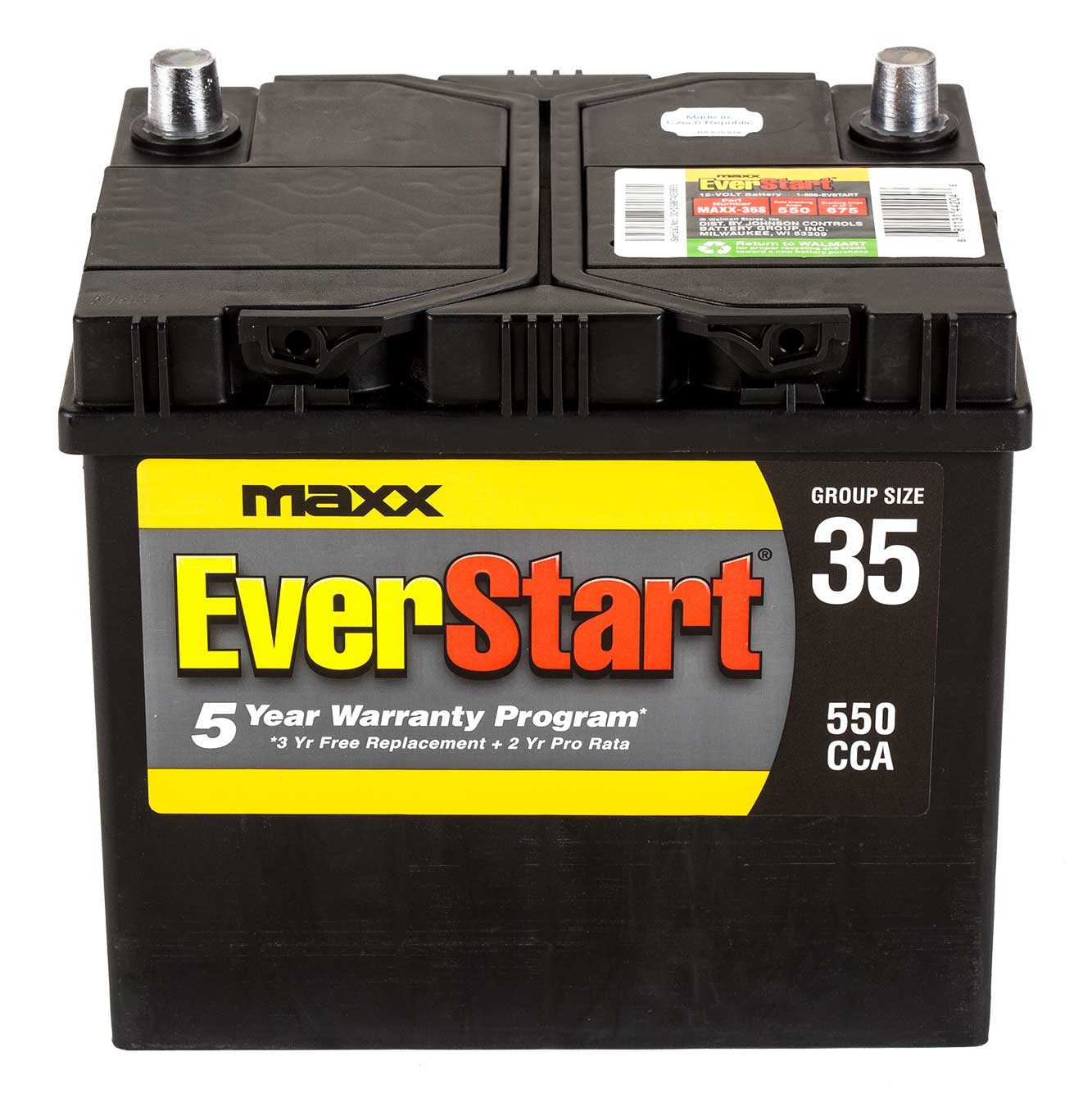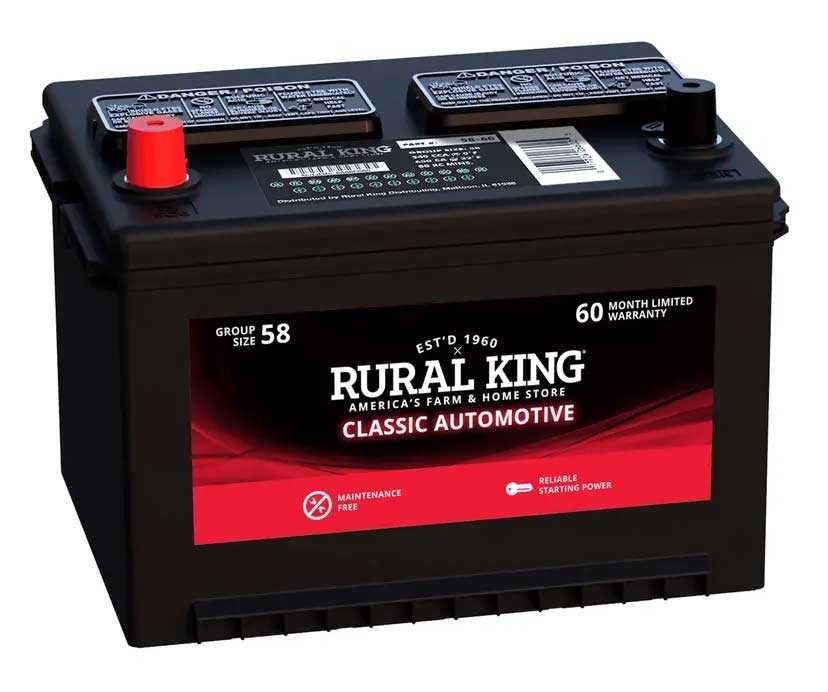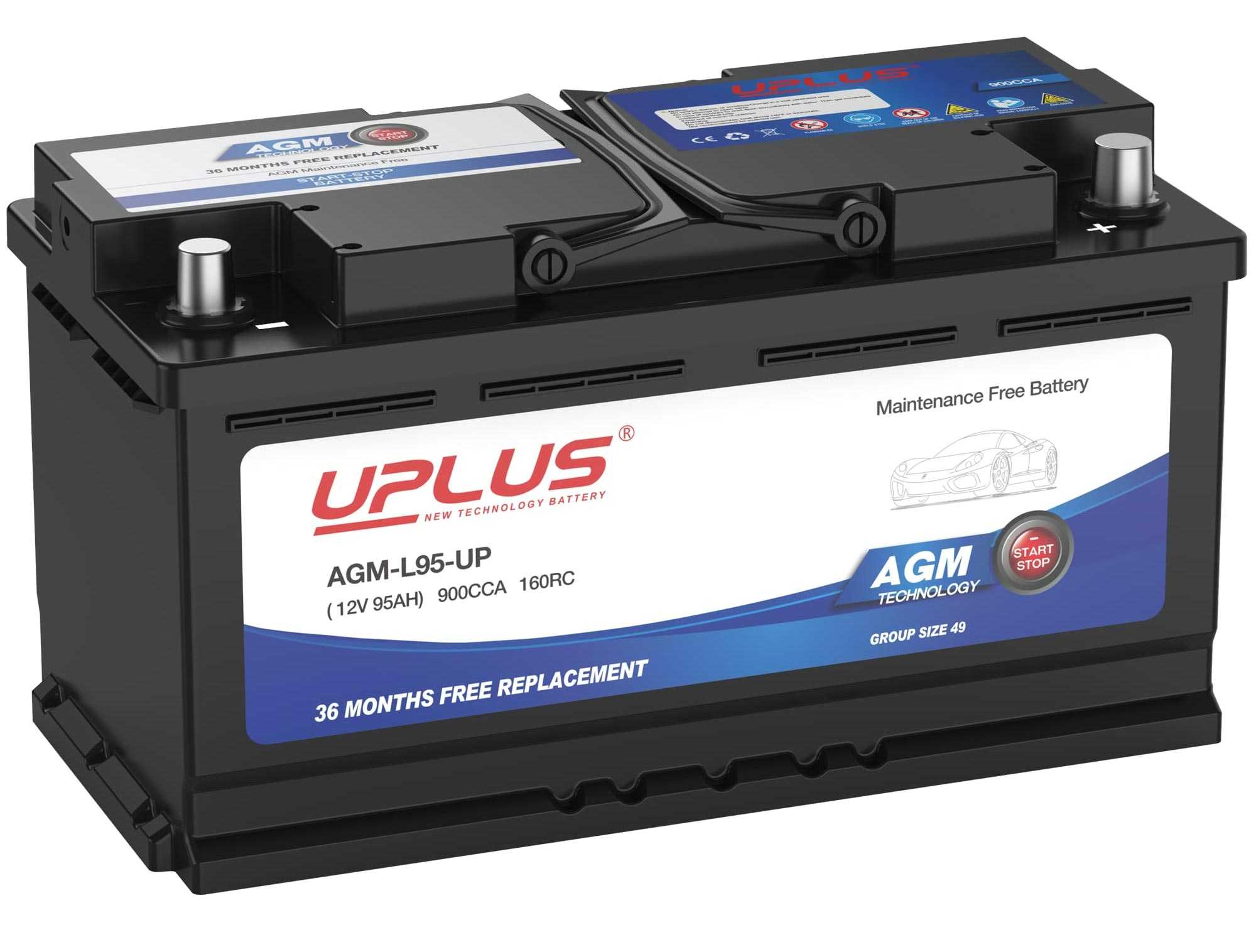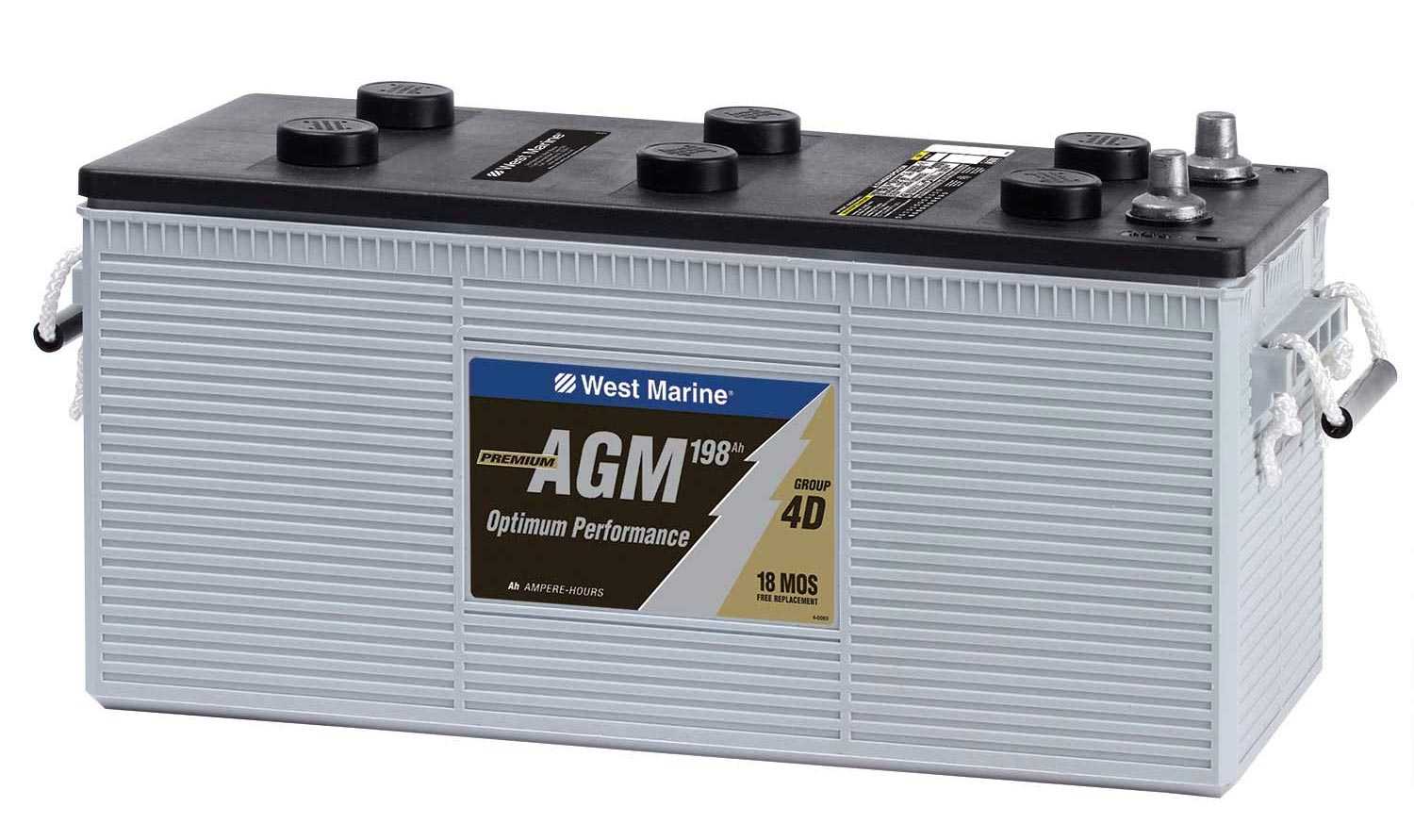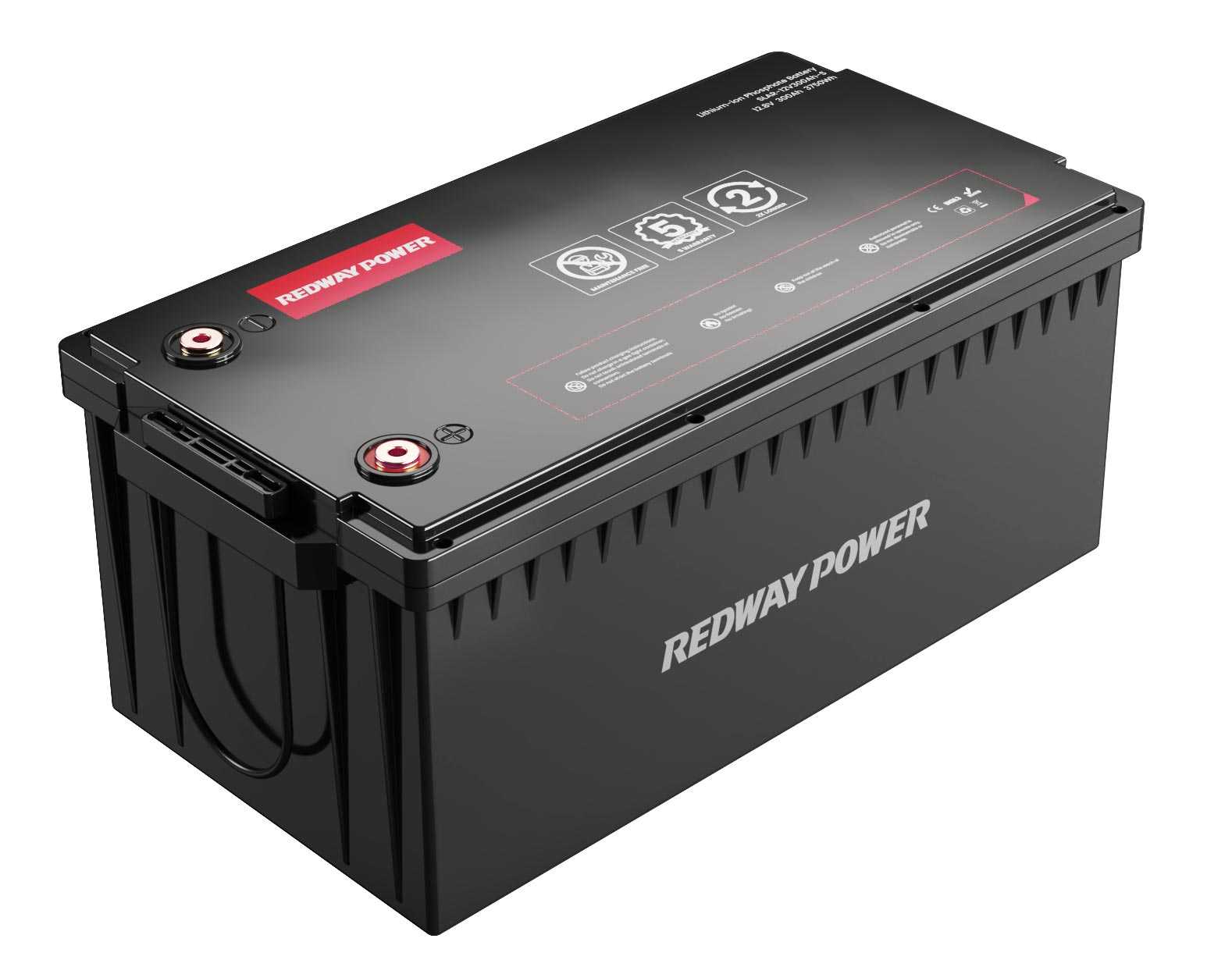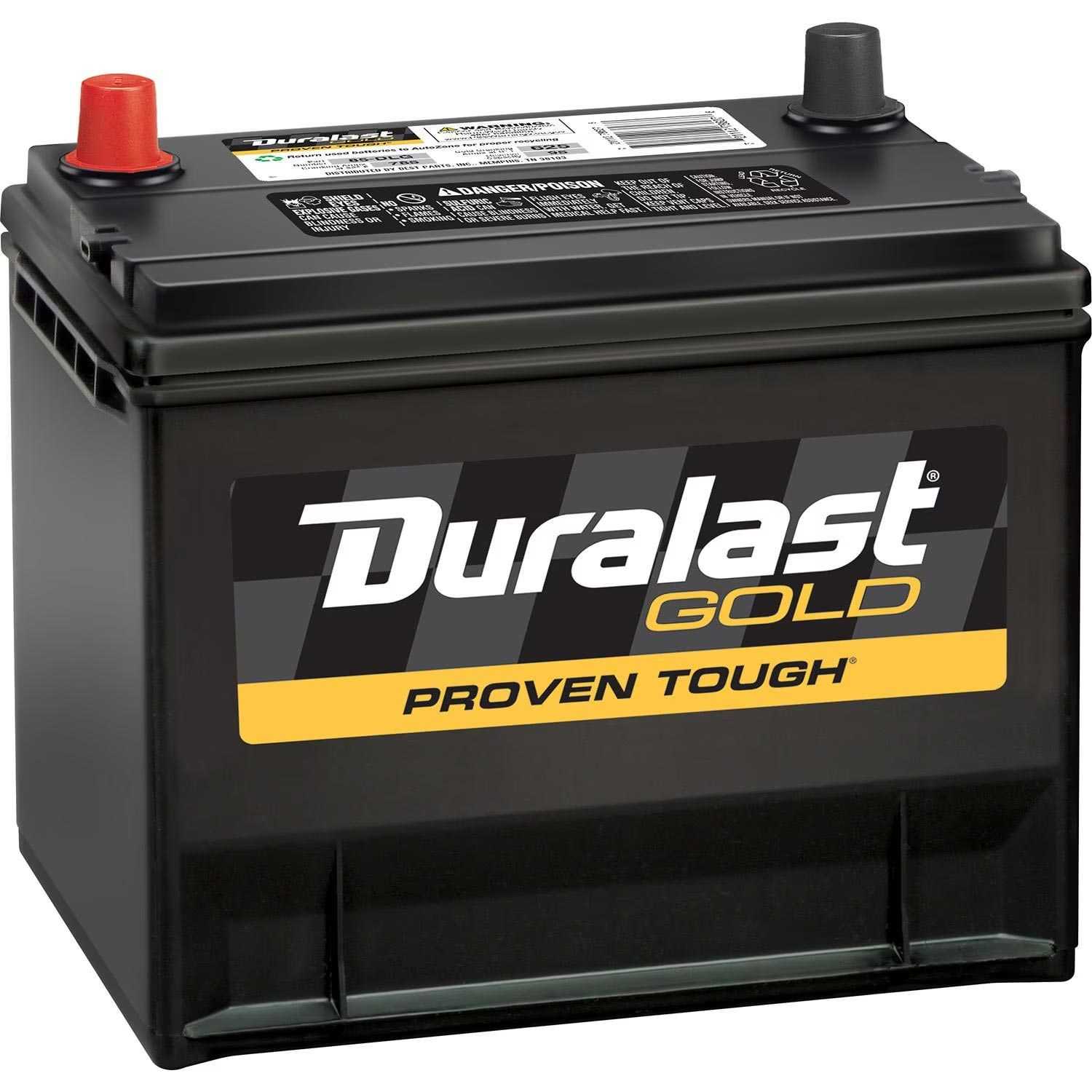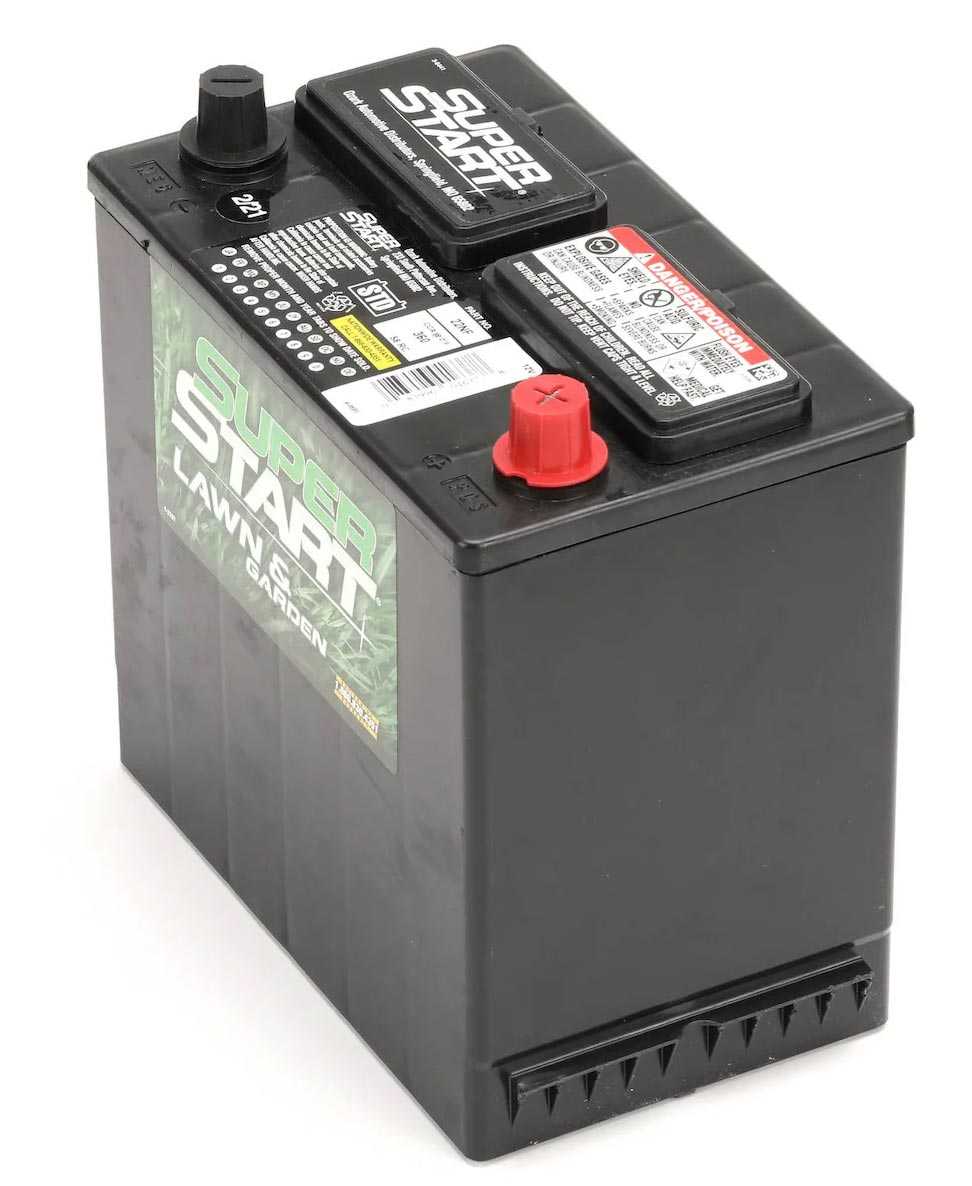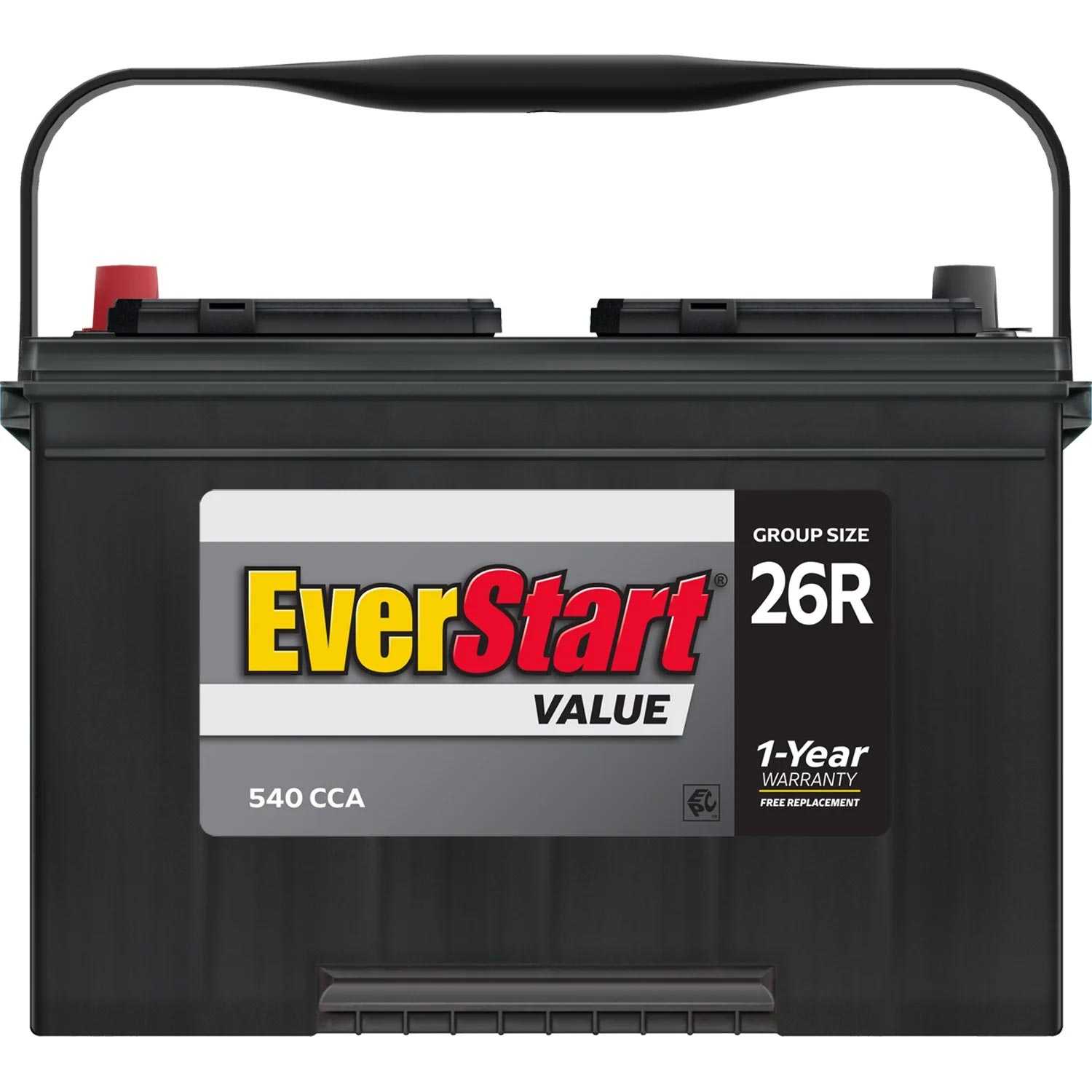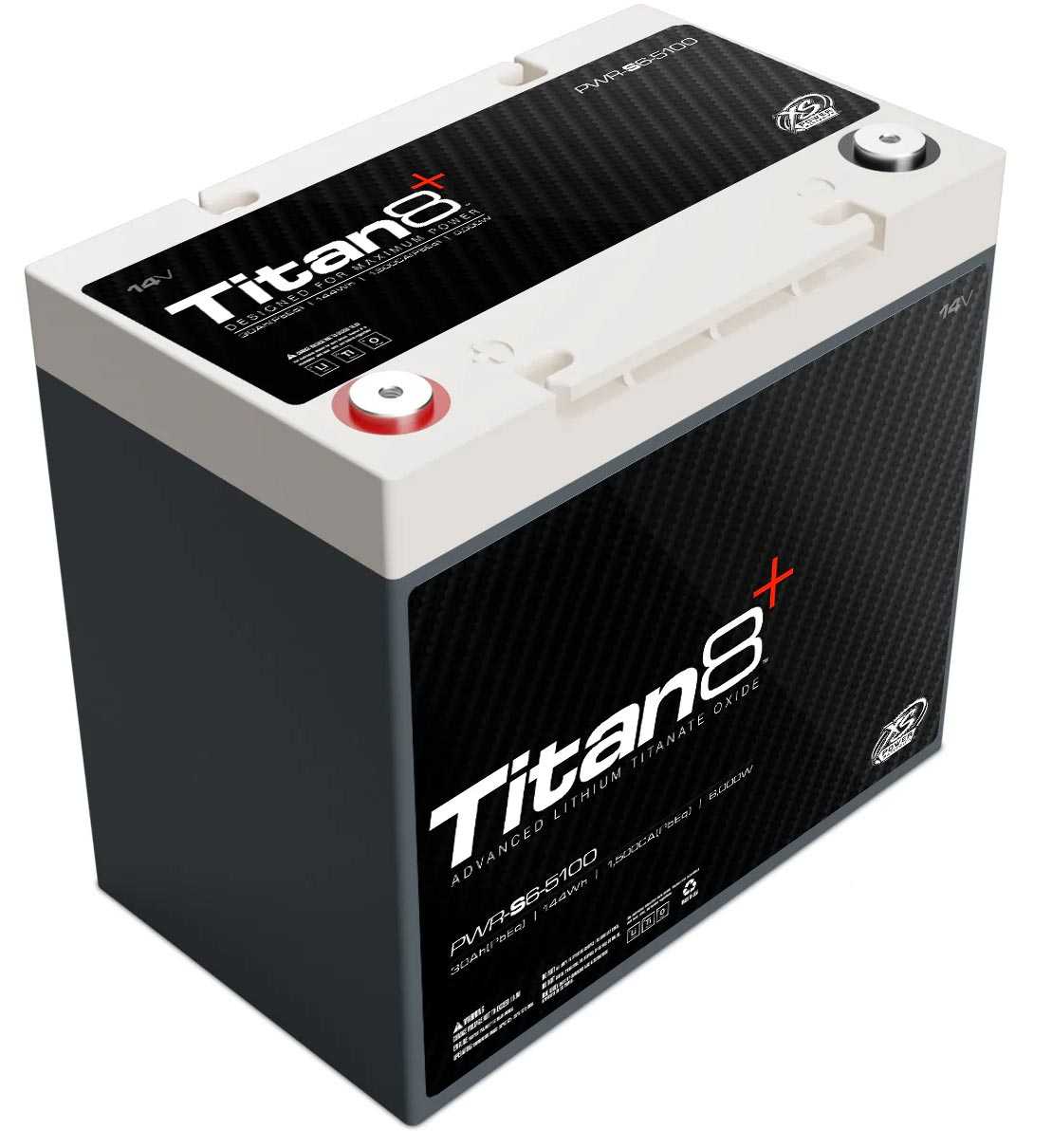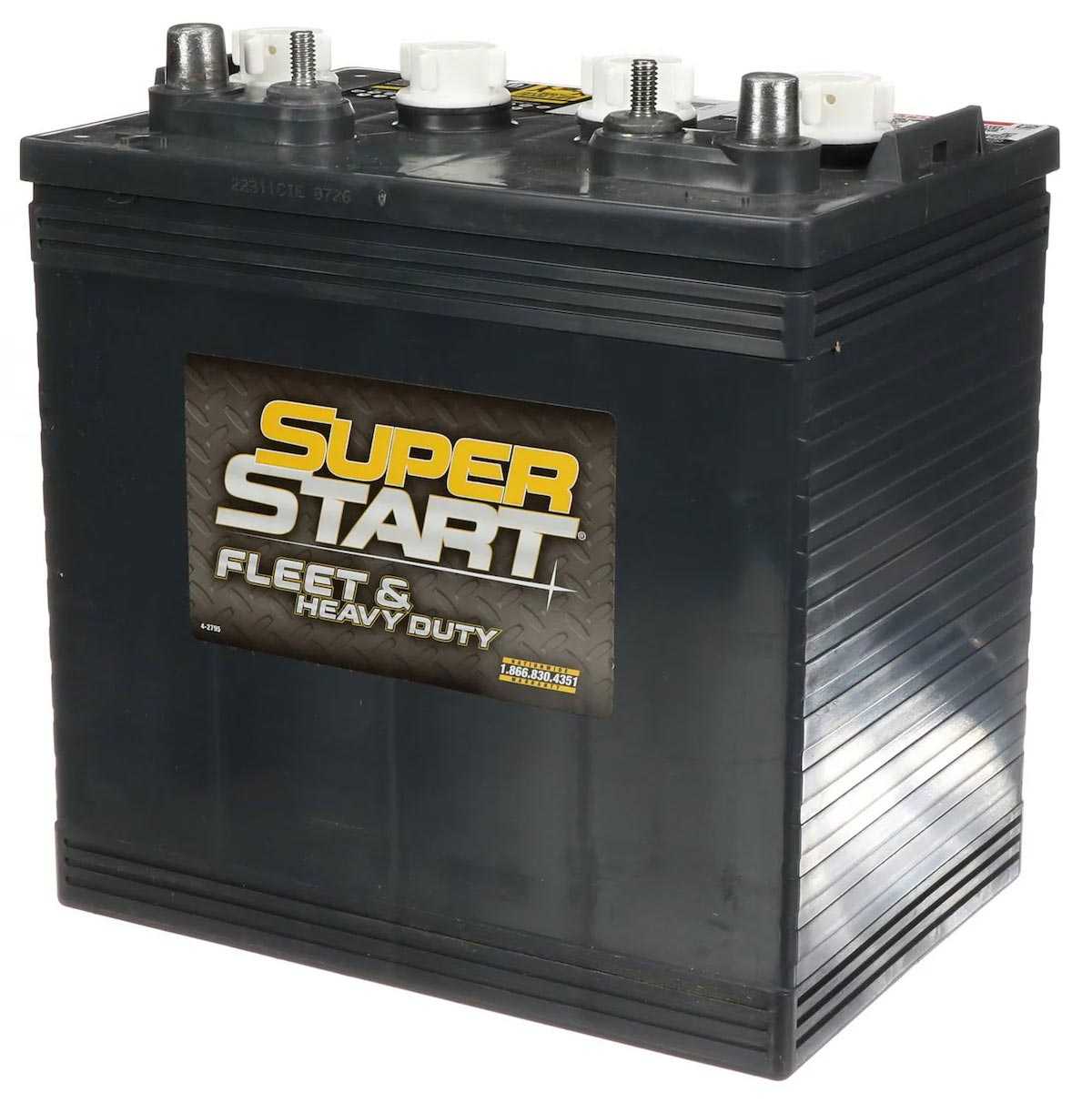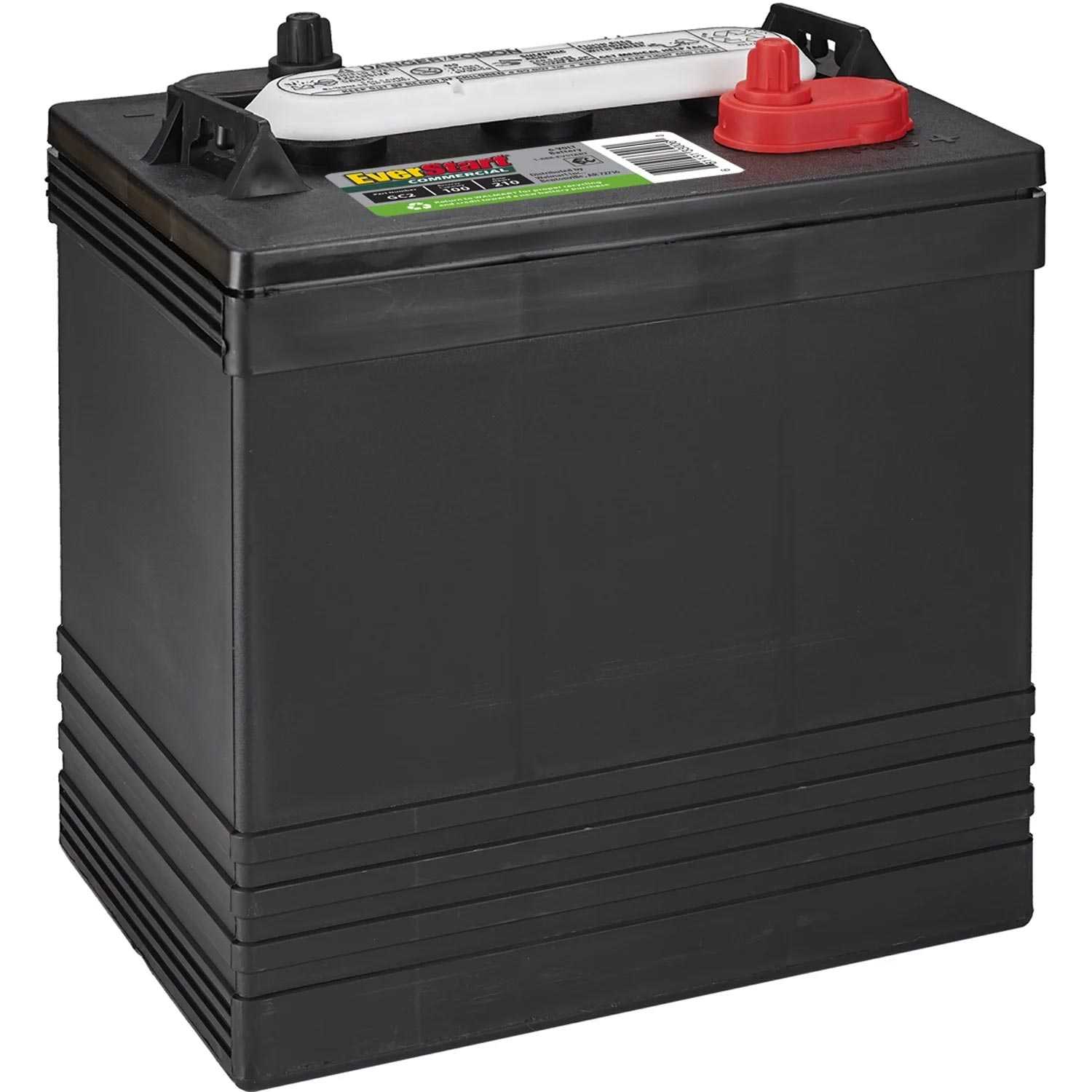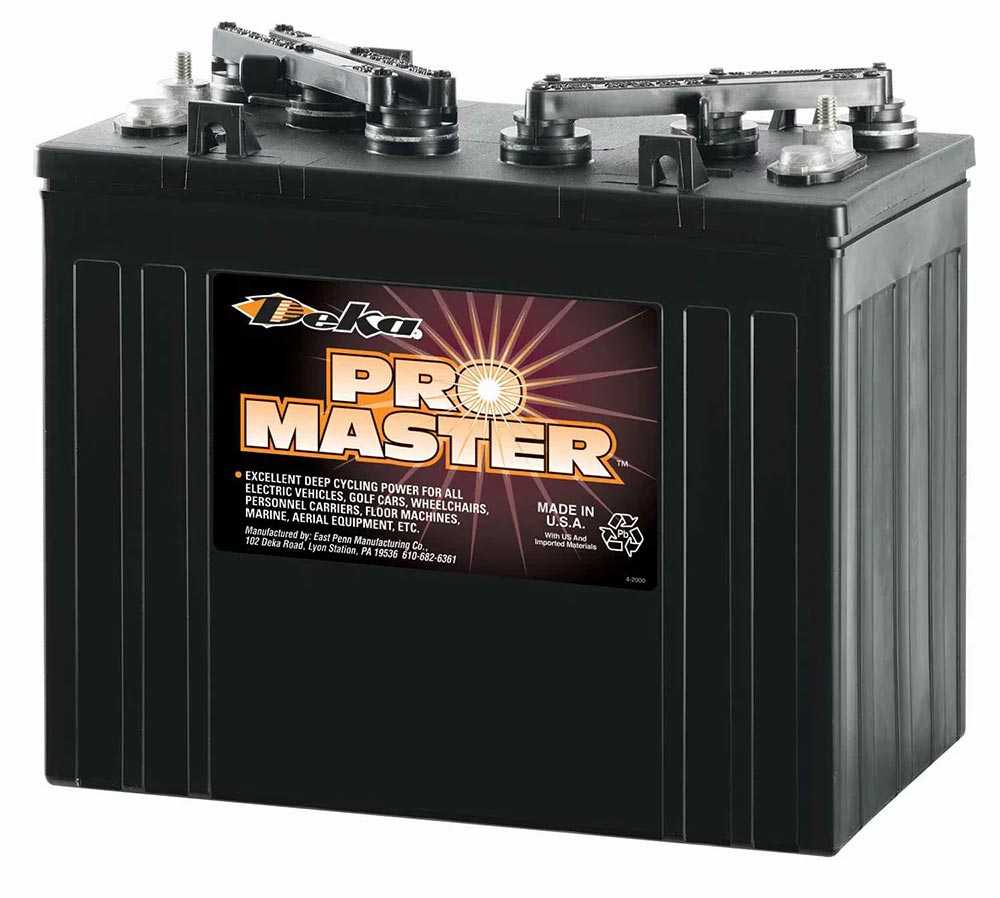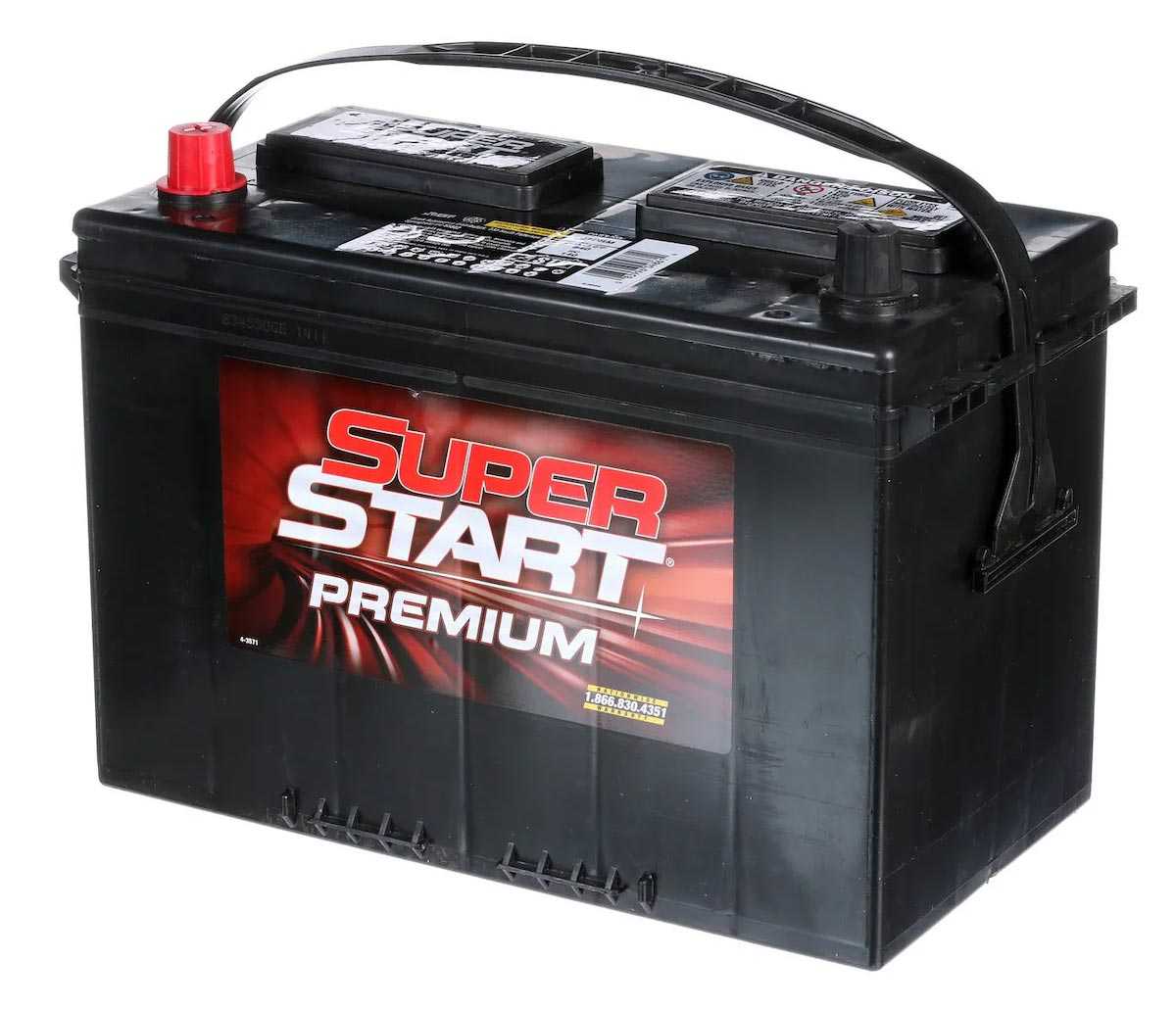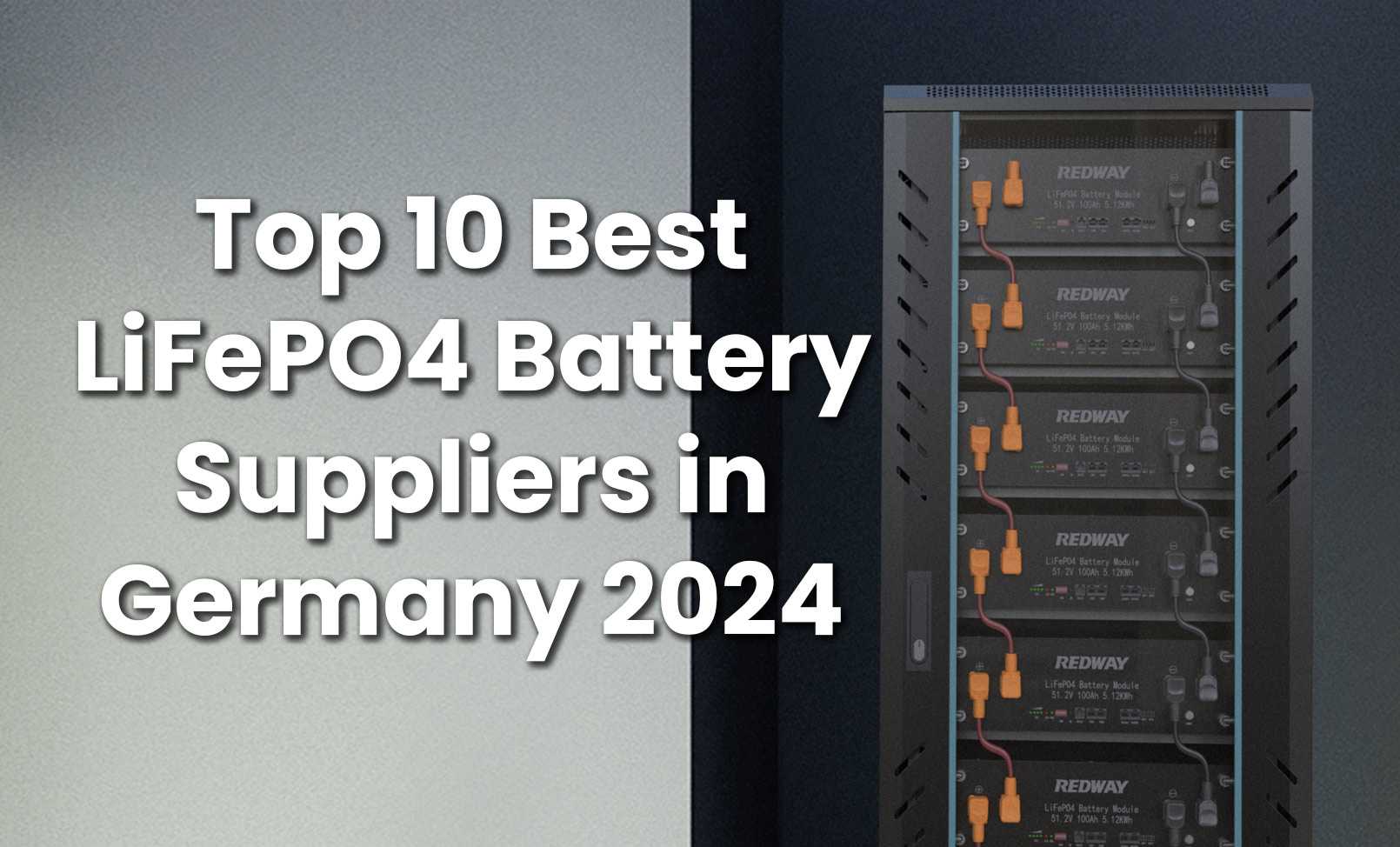Welcome to the electrifying world of Lifepo4 batteries, where cutting-edge technology meets exceptional longevity. If you’re curious about why Lifepo4 batteries can reach an impressive 12,000 cycles, buckle up as we dive into the science behind their extraordinary lifespan. Say goodbye to short-lived power sources and hello to a battery that’s here for the long haul!
The science behind why Lifepo4 batteries have a longer lifespan
Lifepo4 batteries, also known as lithium iron phosphate batteries, have gained popularity due to their exceptional lifespan. The science behind their longevity lies in the unique molecular structure of the battery cells. Unlike traditional lithium-ion batteries, Lifepo4 batteries use a stable chemical compound that minimizes the risk of thermal runaway and degradation over time.
The high energy density and stable voltage output of Lifepo4 batteries contribute to their extended cycle life. This means they can be charged and discharged more times without significant capacity loss compared to other battery technologies. Additionally, the low internal resistance of Lifepo4 batteries reduces heat generation during charging and discharging processes, further preserving the overall health of the battery.
These factors combined result in a longer-lasting battery that can withstand thousands of cycles with minimal performance degradation. As technology advances continue to improve battery materials and manufacturing processes, we can expect even greater efficiency and durability from Lifepo4 batteries in the future.
Comparison with other battery technologies
When it comes to comparing Lifepo4 batteries with other battery technologies, the difference in lifespan is striking. While traditional lead-acid batteries typically last around 500 cycles, and lithium-ion batteries average about 2000 cycles, Lifepo4 batteries stand out with an impressive lifespan of up to 12,000 cycles.
Moreover, Lifepo4 batteries offer a high level of safety due to their stable chemical structure and resistance to thermal runaway. This sets them apart from other battery types that may pose risks of overheating or combustion.
In terms of energy efficiency, Lifepo4 batteries also excel by providing a higher discharge rate and maintaining consistent performance throughout their extended cycle life. This makes them ideal for applications requiring long-term reliability and low maintenance.
The comparison clearly demonstrates the superior durability and performance of Lifepo4 batteries over other existing battery technologies on the market today.
Advantages of using Lifepo4 batteries
Looking to power your devices with a battery that lasts longer and performs better? Look no further than Lifepo4 batteries. These cutting-edge lithium-ion batteries offer numerous advantages that make them stand out in the world of energy storage.
One key advantage of Lifepo4 batteries is their impressive lifespan, capable of reaching up to 12,000 cycles. This durability means fewer replacements and less waste, making them a cost-effective choice in the long run.
Additionally, Lifepo4 batteries are known for their high energy density, providing more power in a smaller package. This makes them ideal for applications where space is limited but performance is crucial.
Moreover, these batteries have a lower risk of thermal runaway compared to other lithium-ion technologies, enhancing safety during use. Their stable chemistry minimizes the chances of overheating or combustion, giving users peace of mind.
Choosing Lifepo4 batteries means opting for reliability, longevity, efficiency – all essential qualities in today’s fast-paced world where energy needs are constantly evolving.
Factors that affect the lifespan of Lifepo4 batteries
When it comes to the lifespan of Lifepo4 batteries, several factors play a crucial role in determining how long they can last. One key factor is the depth of discharge – the more you drain your battery, the shorter its lifespan may be. So, it’s essential to avoid deep discharges whenever possible.
Another factor that affects battery life is temperature. Extreme temperatures, whether too hot or too cold, can significantly impact the performance and longevity of Lifepo4 batteries. It’s important to store and use them within their recommended temperature range for optimal results.
Furthermore, charging habits also influence how long your battery will last. Overcharging or undercharging can lead to premature aging of the cells. Following proper charging protocols and using a compatible charger are essential steps in extending the lifespan of your Lifepo4 battery.
Moreover, physical damage and mechanical stress can also shorten the life expectancy of these batteries. Handling them carefully and avoiding situations where they could get damaged is vital for maximizing their longevity.
How to properly maintain and extend the life of your Lifepo4 battery
Proper maintenance is key to maximizing the lifespan of your Lifepo4 battery. Regularly check for any signs of physical damage or corrosion on the battery terminals. Keep your battery clean and dry to prevent any potential issues.
Avoid overcharging or deep discharging your Lifepo4 battery, as this can significantly reduce its overall lifespan. Use a compatible charger specifically designed for Lifepo4 batteries to ensure safe and efficient charging processes.
Store your battery in a cool, dry place away from direct sunlight and extreme temperatures. Extreme heat can degrade the performance of Lifepo4 batteries over time. Proper storage conditions will help maintain optimal battery health.
When not in use, make sure to partially charge your Lifepo4 battery before storing it for an extended period. This helps prevent self-discharge and ensures that the battery remains in good condition for when you need it next.
Real-life examples and success stories
Have you heard about the company that implemented Lifepo4 batteries in their solar energy storage system and saw a significant increase in efficiency? By utilizing these advanced batteries, they were able to store excess energy during peak production hours and use it during times of high demand. This not only saved them money on electricity bills but also reduced their carbon footprint significantly.
Another success story involves an electric vehicle manufacturer who switched to using Lifepo4 batteries in their cars. The improved battery life allowed drivers to travel longer distances without needing frequent recharges, making electric vehicles more practical for everyday use.
These real-life examples demonstrate the incredible potential of Lifepo4 batteries in various industries. As technology continues to advance, we can expect even more success stories showcasing the longevity and reliability of these innovative power sources.
Future developments and potential for even longer battery life
The future of Lifepo4 batteries looks promising, with ongoing research and development focused on enhancing their already impressive lifespan. Scientists are exploring new materials and technologies to further improve the performance and longevity of these batteries. By optimizing the battery’s internal structure and chemistry, experts aim to push the cycle life even higher.
One area of interest is increasing energy density without compromising durability. This could lead to smaller, lighter batteries that pack a powerful punch. Innovations in manufacturing processes may also contribute to extending battery life by minimizing defects and ensuring uniformity across each cell.
Furthermore, advancements in smart battery management systems could play a crucial role in maximizing efficiency and prolonging lifespan. These systems can monitor usage patterns, temperature fluctuations, and charging cycles to optimize performance over time.
The potential for Lifepo4 batteries to reach even greater cycle counts is exciting as researchers continue to push boundaries in energy storage technology.
Conclusion
In a world where energy storage is becoming increasingly crucial, Lifepo4 batteries stand out as a reliable and long-lasting solution. With the ability to reach an impressive 12,000 cycles, these batteries offer a sustainable and cost-effective option for powering various applications.
Through their unique chemistry and design, Lifepo4 batteries can achieve such high cycle counts compared to other battery technologies. Their stable structure and low internal resistance contribute to their longevity, making them ideal for repeated charging and discharging cycles.
When compared to traditional lead-acid or lithium-ion batteries, Lifepo4 batteries demonstrate superior performance in terms of lifespan. This longevity translates into reduced maintenance costs and longer intervals between replacements, providing a more efficient energy storage solution.
By understanding the factors that affect the lifespan of Lifepo4 batteries and implementing proper maintenance practices, users can maximize the durability of their batteries. Regular monitoring of charging levels, temperature control, and avoiding deep discharges are essential steps in prolonging battery life.
Real-life examples showcase the success stories of businesses and individuals who have benefited from using Lifepo4 batteries in diverse applications. From solar power systems to electric vehicles, these batteries have proven their reliability under demanding conditions.
Looking ahead, future developments hold promise for further extending the lifespan of Lifepo4 batteries through advancements in technology and manufacturing processes. As researchers continue to innovate in this field, we can expect even greater efficiency and durability from these high-performance energy storage solutions.
In conclusion,
Lifepo4 batteries offer a compelling combination of longevity,
efficiency,
and sustainability that make them an attractive choice for various industries.
Their ability to reach 12,
000 cycles sets them apart as a durable
and reliable option for meeting today’s energy storage needs.
With proper care
and ongoing advancements,
the potential for even longer battery life with Lifepo4 technology looks bright,
ushering in a new era of efficient energy storage solutions.,
